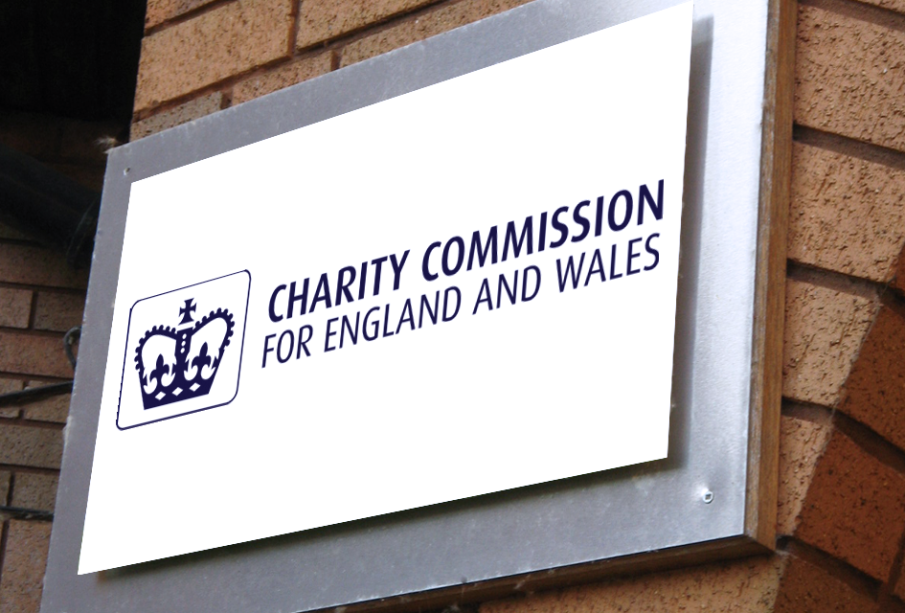The Essential Role of the Charity Commission in the UK

Introduction
The Charity Commission for England and Wales plays a crucial role in ensuring that charities operate within legal frameworks and uphold public trust. Established in 1853, the Commission regulates the sector, providing guidance, support, and oversight to more than 168,000 registered charities. Its importance is amplified as public trust in charitable organisations impacts fundraising efforts and community support.
Main Functions of the Charity Commission
The Charity Commission’s primary responsibilities include registering charities, maintaining public transparency, and ensuring compliance with the law. It oversees the financial health of these organisations through rigorous audits and investigations. Recent years have seen the Commission tackle issues such as financial mismanagement and safeguarding, striving to promote best practices within the sector.
On October 11, 2023, the Charity Commission published a report highlighting the effectiveness of its new initiatives aimed at improving charity governance. These include more stringent measures for financial reporting and enhanced support for charities during crises, such as the COVID-19 pandemic recovery. The report indicates that roughly 85% of charities feel more confident about their governance policies after implementing the Commission’s recommendations.
Recent Developments and Challenges
In recent months, the Commission has been involved in several high-profile cases, which have raised awareness about the need for regulatory compliance. For instance, a charity was temporarily suspended in September 2023 for failing to meet financial reporting requirements. This case spotlighted the challenges some charities face in maintaining transparency and accountability, especially smaller organisations with limited resources.
Importance of Public Trust
The Charity Commission’s work is directly linked to public trust in charitable entities. As more individuals contribute to charities, understanding their governance is vital. A report from the National Council for Voluntary Organisations (NCVO) stated that, despite the challenges, the general public’s perception of charities remains positive, with over 70% of people believing that charities are vital to society.
Conclusion
The Charity Commission remains an essential pillar in the maintenance of integrity within the charity sector, ensuring that organisations fulfill their missions responsibly and transparently. As the landscape evolves, ongoing vigilance and adaptation to new challenges will be critical. For current and prospective donors, understanding the value of the Charity Commission can significantly inform their decisions on where to allocate their resources, ultimately ensuring a positive impact on communities.








